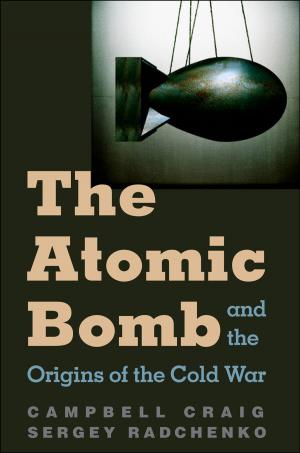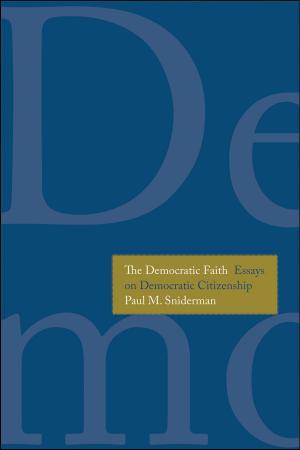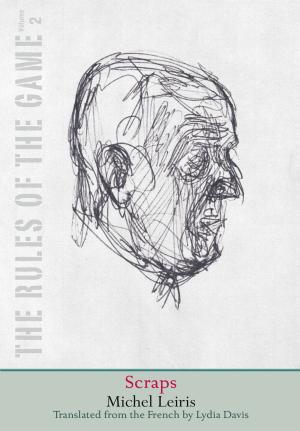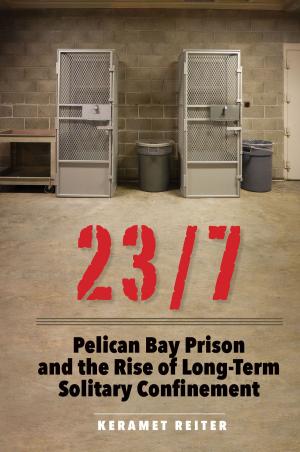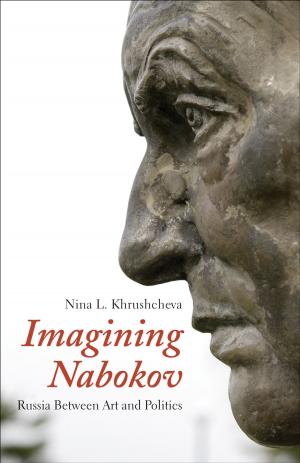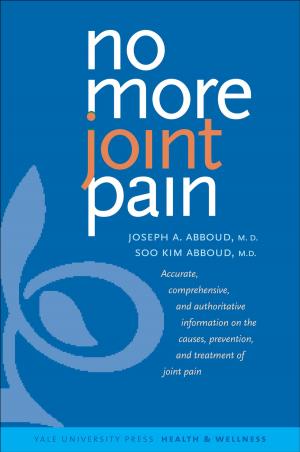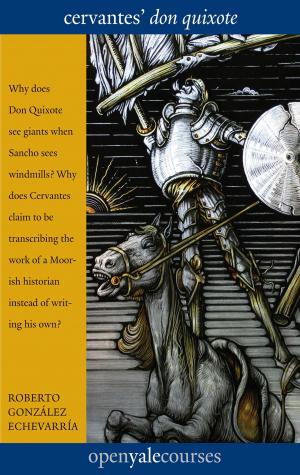The Compelling Ideal
Thought Reform and the Prison in China, 1901-1956
Nonfiction, Social & Cultural Studies, Social Science, Crimes & Criminals, Penology, History, Asian, China, Modern, 20th Century| Author: | Jan Kiely | ISBN: | 9780300186376 |
| Publisher: | Yale University Press | Publication: | May 27, 2014 |
| Imprint: | Yale University Press | Language: | English |
| Author: | Jan Kiely |
| ISBN: | 9780300186376 |
| Publisher: | Yale University Press |
| Publication: | May 27, 2014 |
| Imprint: | Yale University Press |
| Language: | English |
In this groundbreaking volume, based on extensive research in Chinese archives and libraries, Jan Kiely explores the pre-Communist origins of the process of systematic thought reform or reformation (ganhua) that evolved into a key component of Mao Zedong’s revolutionary restructuring of Chinese society. Focusing on ganhua as it was employed in China’s prison system, Kiely’s thought-provoking work brings the history of this critical phenomenon to life through the stories of individuals who conceptualized, implemented, and experienced it, and he details how these techniques were subsequently adapted for broader social and political use.
In this groundbreaking volume, based on extensive research in Chinese archives and libraries, Jan Kiely explores the pre-Communist origins of the process of systematic thought reform or reformation (ganhua) that evolved into a key component of Mao Zedong’s revolutionary restructuring of Chinese society. Focusing on ganhua as it was employed in China’s prison system, Kiely’s thought-provoking work brings the history of this critical phenomenon to life through the stories of individuals who conceptualized, implemented, and experienced it, and he details how these techniques were subsequently adapted for broader social and political use.

